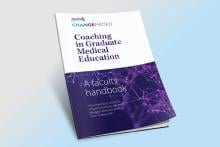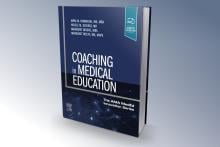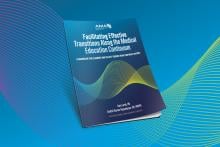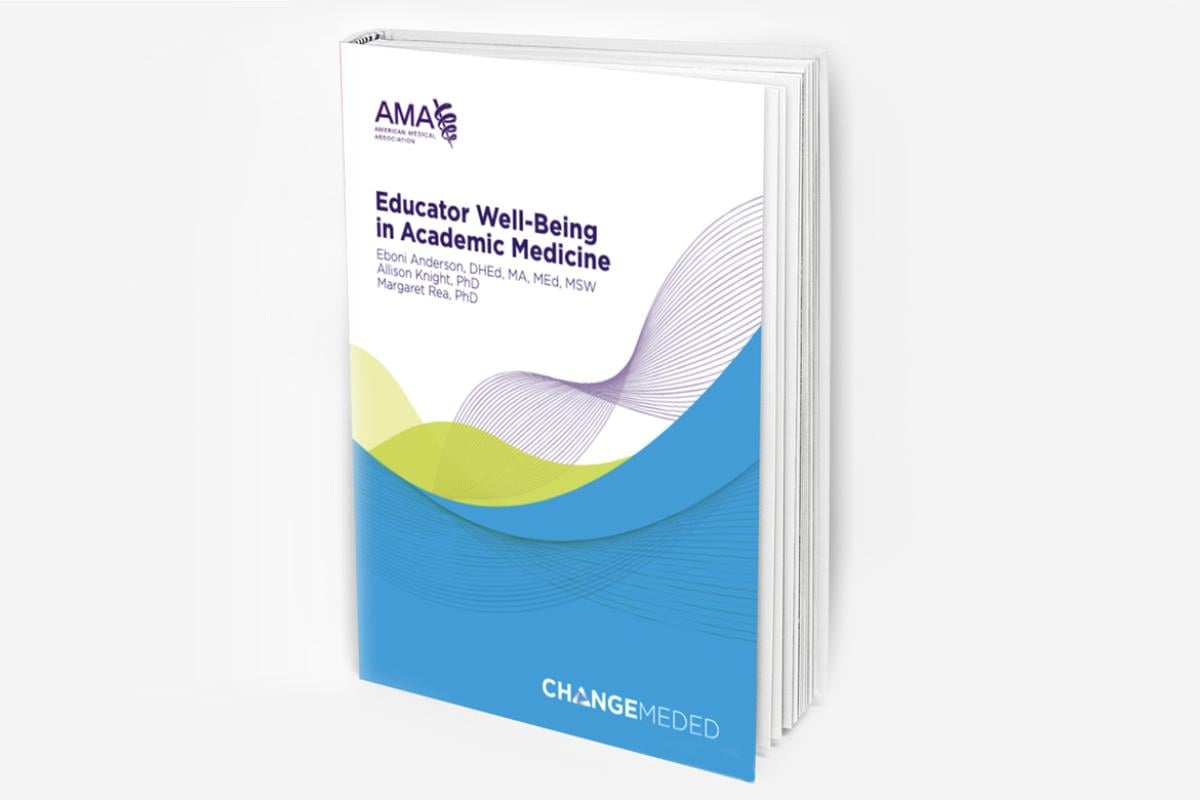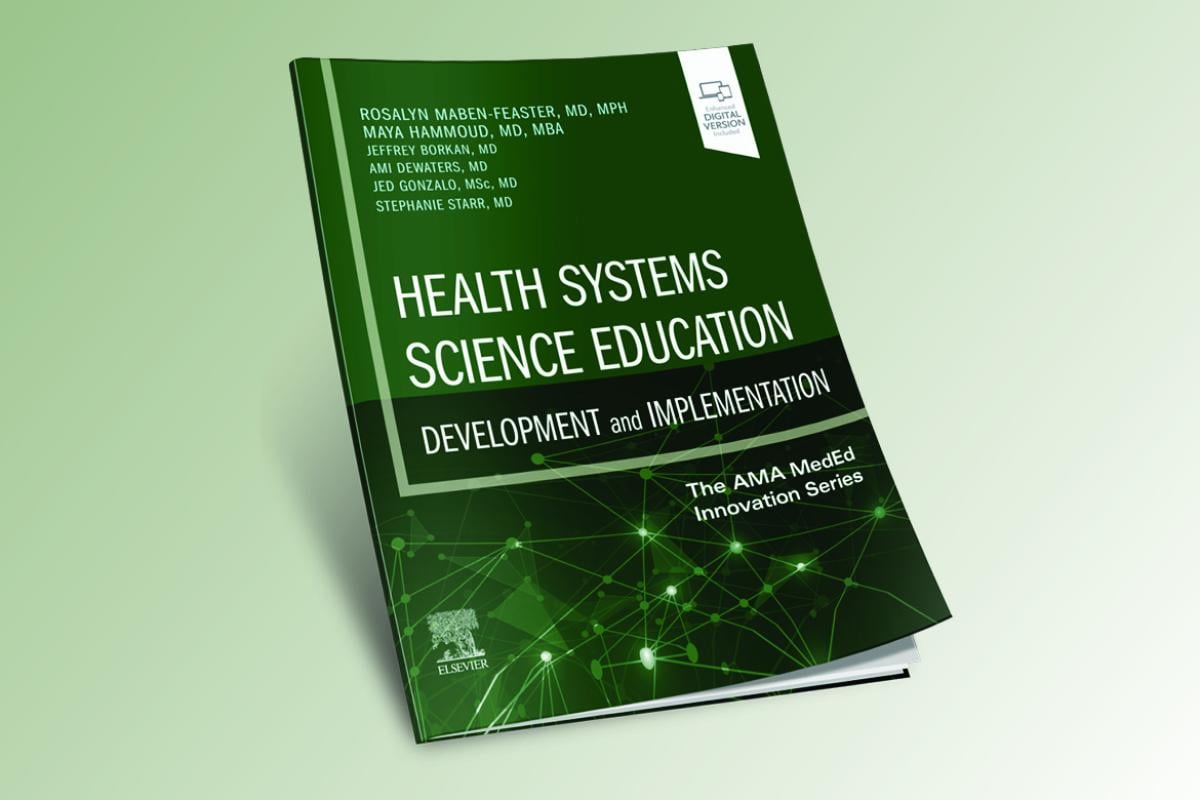- 2026 Academic Coaching Implementation Workshop
- AMA Coaching Summit: Empowering learners and educators through coaching
- Coaching in GME faculty Hhandbook
- What is academic coaching?
- How does a learner benefit from coaching in medicine?
- Academic Coachee Video Learning Series
- Coaching in MedEd video series
- Coaching in medical education book
- Webinar recording: Practical tips to implement coaching in med ed
- Facilitating effective transitions handbook
- A coachee handbook for students
- Additional opportunities to get involved with ChangeMedEd
2026 Academic Coaching Implementation Workshop
Call for applications is now open. Apply now.
This workshop helps equip leaders and educators, who have (or anticipate having) significant responsibility for developing and implementing coaching programs in undergraduate or graduate medical education, with the knowledge and skills needed to implement, refine and evaluate a successful program. Participants join a community of academic faculty with similar interests from across the country to learn, network and share information. To encourage the development of coaching programs at their institutions, the AMA covers the costs of the workshop for participants.
View a directory (PDF) of 2025 participants.
View a directory (PDF) of 2024 participants.
AMA Coaching Summit: Empowering learners and educators through coaching
Join us for the inaugural AMA Coaching Summit: Empowering learners and educators through coaching, Aug. 13-14, 2026, in Chicago, Illinois. This national conference will highlight how coaching transforms medical education through innovation, evidence and collaboration.
Featuring breakout sessions, workshops and poster presentations, the AMA Coaching Summit is designed for physicians, educators, learners, academic leaders and health systems stakeholders across the continuum of medical education. During the Summit presenters from undergraduate and graduate medical education, as well as continuing professional development, will share their knowledge of coaching—both from the perspective of the coach and the coachee.
Registration opens April 22.
Coaching in GME Medical Education Faculty Handbook
The AMA ChangeMedEd® initiative recently published Coaching in Graduate Medical Education—A Faculty Handbook, the third in the AMA’s series of books focused on coaching. Inspired by a need for a repository of best practices and recommendations for creating coaching programs in graduate medical education (GME), the handbook presents the work of experts inside and outside of ChangeMedEd who have implemented coaching programs in GME at their own institutions.
From envisioning goals for a new program, planning logistics, and preparing faculty and learners, the authors of this handbook’s chapters have used their own coaching program expertise and understanding of the literature to create a practical resource that is generalizable to the broader community.
Download the free handbook now.
Learn more: To implement coaching in GME, look to those who’ve done it
What is academic coaching?
While long used in the business world, and more recently in physician circles, coaching is relatively new to the medical trainee world. An academic coach is a person assigned to facilitate learners achieving their fullest potential.
Coaches evaluate the performance of medical students via review of objective assessments, assisting the student to identify needs and create a plan to achieve these, and helping the student be accountable. Coaches help students improve their own self-monitoring, while fostering the idea that coaching will benefit them throughout their medical careers.
How does a learner benefit from coaching in medicine?
Coaching is a unique relationship, and it is vital to acknowledge responsibilities as students/residents in maximizing a coaching relationship. Coaching is a coachee-driven, problem-solving, performance-based relationship focused on the development of the coachee.
The goals of coaching are to reflect on successes and challenges, create goals, problem-solve barriers, identify resources and develop and execute a plan.
Academic Coachee Video Learning Series
If you are a medical student getting ready to meet with your academic coach, the new AMA Academic Coachee Video Learning Series will show you how to build a relationship with your medical school coach and how to maximize an academic coaching relationship. In the series you will learn how meeting preparation and meeting management facilitate a better coaching experience.
You will also learn about effective communication with your coach and the values that establish a meaningful coaching relationship. Watch the video series.
Coaching in MedEd video series
Today’s medical school coaching programs focus on a wide variety of individualized goals, including professional identity formation and academic performance, while strengthening skills such as community building, leadership, lifelong learning and more.
Nine coaching video modules were developed to support greater understanding of the competencies, skills and approaches used by academic coaches. They can be implemented as a component of a comprehensive coaching curriculum for training coaches. The videos illustrate coaching competencies and include examples of coaching by inexperienced and experienced coaches. The modules for the Academic Coaching in Med Ed video series may be accessed for free on the AMA YouTube channel and on the AMA Ed Hub™.
AMA Ed Hub™
- Coaching Basics
- Relationship Building
- Portfolio Coaching
- Skills Coaching
- Well-being Coaching
- Coaching the struggling learner
- Coaching the excelling learner
- Coaching the disengaged learner
- Appreciative inquiry model
Coaching in Medical Education book, now available
Today’s medical school coaching programs integrate a wide variety of personalized goals—including professional identity formation and academic performance—as well as community building, leadership and lifelong learning skills, clinical skills development and more.
Coaching in Medical Education, part of the American Medical Association’s MedEd Innovation Series, is a first-of-its-kind, instructor-focused field book that that equips educators to coach all learners and run an effective coaching program, increasing the likelihood of learner (and thus physician) success.
Webinar recording: Practical tips to implement coaching in med ed & foster master adaptive learners
A recording of the AMA Innovations in Medical Education webinar, Practical tips to implement coaching in medical education and foster master adaptive learners, is available.
Coaching is emerging as a way to support learners’ academic, professional identity, and well-being goals in medical education. Coaching, via its unique framework of support that is different from advising, can especially enhance the process of each of the phases of the Master Adaptive Learner framework and support lifelong learning. Scant literature exists on ways to assess coaches and evaluate coaching programs so that benefits can be quantified and investments justified. Coaching competencies can be used to identify and develop tools to train and assess coaches for all trainees across the medical education continuum including learners from diverse backgrounds.
Access recording.
Facilitating Effective Transitions Along the Medical Education Continuum handbook
The AMA Accelerating Change in Medical Education Consortium in conjunction with experts at Wayne State University School of Medicine, the Spencer Fox Eccles School of Medicine at the University of Utah, and the University of Michigan Medical School has published a new coaching guide for learners and educators navigating each stage of medical training.
The Facilitating Effective Transitions Along the Medical Education Continuum handbook takes a deep dive into the needs of learners along the continuum of medical education—from the beginning of medical school through the final stage of residency.
A coachee handbook for students
“It Takes Two: A Guide to Being a Good Coachee” provides guidance on how get the most out of a coaching relationship, including how your coach can develop you as a master adaptive learner, how to use coaching throughout training and how coaching can help you build successful personal learning networks.
Access the AMA’s coaching in medical education toolkit to learn more and get the most out of the coaching process.
